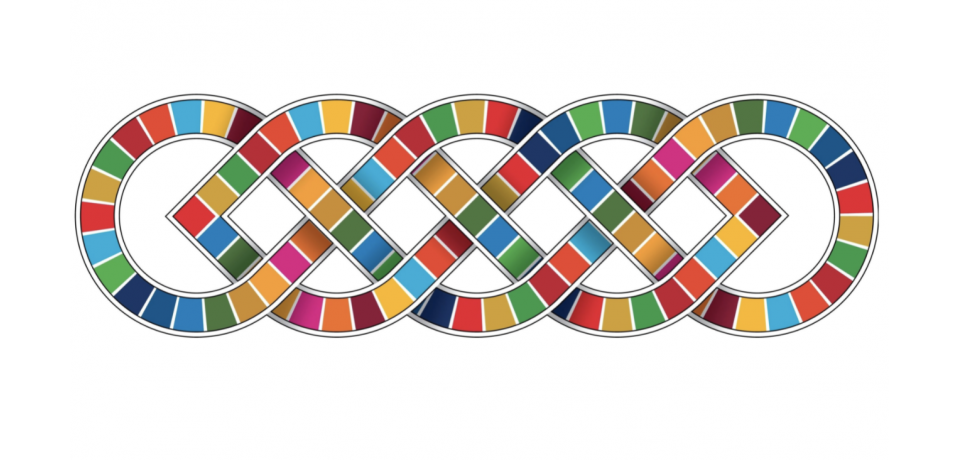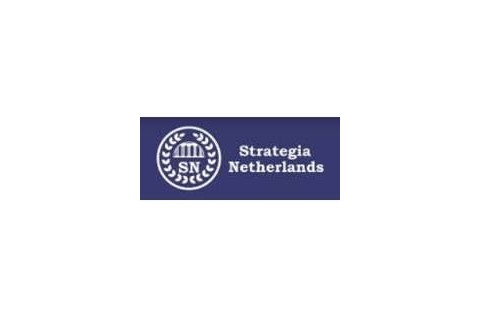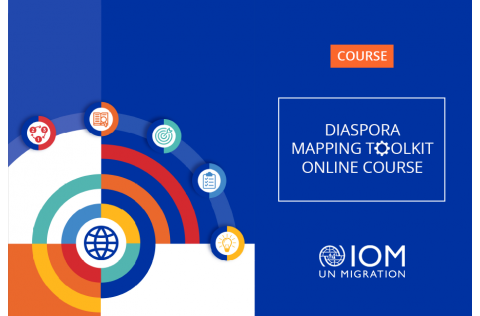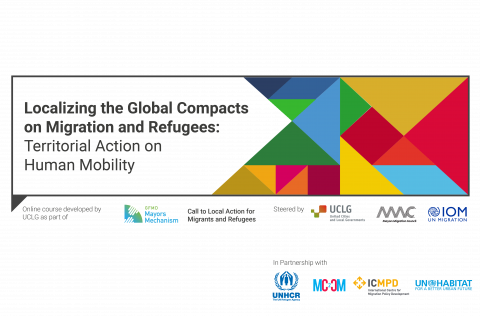Integration of the SDGs into National Planning
Related Sustainable Development Goals and Global Compact for Migration Objectives
An e-learning course on the Integration of the SDGs into National Planning to support policy makers and sustainable development practitioners in development of strategies and plans to implement the 2030 Agenda on Sustainable Development and the SDGs. The complex and aspirational 2030 Agenda for Sustainable Development and the 17 Sustainable Development Goals (SDGs), require multidisciplinary methods for developing implementation strategies because of their “indivisible whole” nature. Furthermore, the 17 Sustainable Development Goals and their targets are closely interlinked and require innovative and unconventional policy approaches, such as those focusing on the intersections (meeting points), interlinkages and complex causal relationships. This e-Learning course deals with the aspects of ’Why’ and ‘How’ of integration and ESCAP methodologies and tools to aid integrated and interlinked policy making process. The course consists of three modules, which give insights on the importance of the integration of the three dimensions of sustainable development, and provide further guidance on available tools and their application for policy making and implementation.



